Ketamine-Assisted Psychotherapy (KAP) is an innovative approach to mental health treatment that combines the benefits of ketamine with the guidance of psychotherapy. Healing doesn’t have to mean reliving your trauma. For many, traditional talk therapy can feel like repeatedly reopening old wounds, making it difficult to truly move forward. This is where Ketamine-Assisted Psychotherapy (KAP) offers a gentler, more intuitive unraveling of the subconscious—all with the body’s approval.
How Does Ketamine Work in Therapy?
Ketamine is a dissociative anesthetic that has been used in medical settings for decades, but its potential as a mental health treatment has only recently gained recognition. When administered in a controlled therapeutic environment, ketamine can soften mental defenses and allow individuals to explore difficult emotions, memories, and thought patterns from a new perspective.
Unlike many other treatments, ketamine in conjunction with the safe container of psychotherapy, does not force breakthroughs—instead, it creates a state of neuroplasticity and deep relaxation, allowing the mind to access and process information at a pace that feels natural and safe.
Going Deeper While Feeling Safe
One of the most profound aspects of KAP is its ability to bypass the mind’s usual protective barriers—but only to the extent that the body allows. Our nervous system often holds onto trauma as a survival mechanism, making it difficult to access deep emotional wounds in traditional therapy.
However, under ketamine’s influence:
The mind is freer to explore without fear or judgment.
Protective mechanisms (such as overthinking, repression, or avoidance) gently loosen.
The body remains in a regulated state, ensuring emotional safety.
Often there is a spiritual experience where one experiences the feelings of safety, calm, connection, and Self compassion.
This creates an opportunity to work through trauma, negative beliefs, or unresolved emotions without the usual resistance or overwhelm that can arise in traditional therapy settings.
The Role of the Therapist in KAP
A trained therapist is present throughout the experience to help guide the process. While ketamine allows thoughts and emotions to surface more easily, the therapist helps you make sense of what arises, integrate insights, and apply them to your healing journey. The real magic of KAP isn’t just in the ketamine itself—it’s in how the therapy before, during, and after the experience helps make those insights meaningful.
Who Can Benefit from Ketamine-Assisted Psychotherapy?
KAP is being used to treat a range of conditions, including:
- Complex PTSD & Trauma – Eases the grip of past trauma, allowing for deeper healing.
- Depression & Anxiety – Helps rewire thought patterns and foster new perspectives.
- Chronic Stress & Burnout – Creates a space for mental reset and emotional relief.
- Existential & Spiritual Exploration – Facilitates deep self-reflection and personal growth.
A New Path Toward Healing
Ketamine-Assisted Psychotherapy offers a unique bridge between neuroscience and deep emotional healing. By allowing the mind to open only as much as the body permits, it creates a space where transformation happens naturally, without force.
If you’re curious about KAP and whether it’s right for you, reach out to a qualified provider to learn more about this groundbreaking approach to mental wellness.




